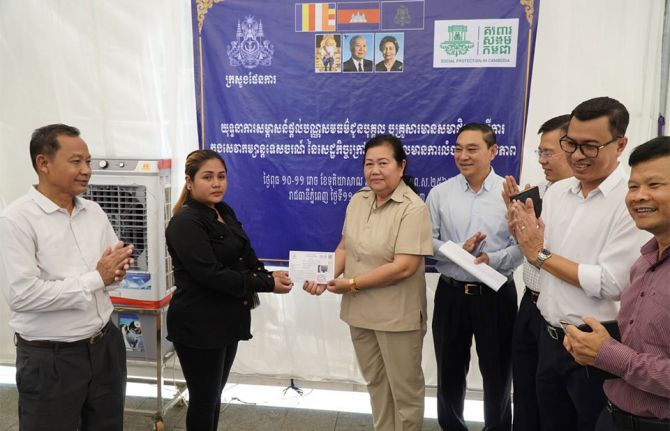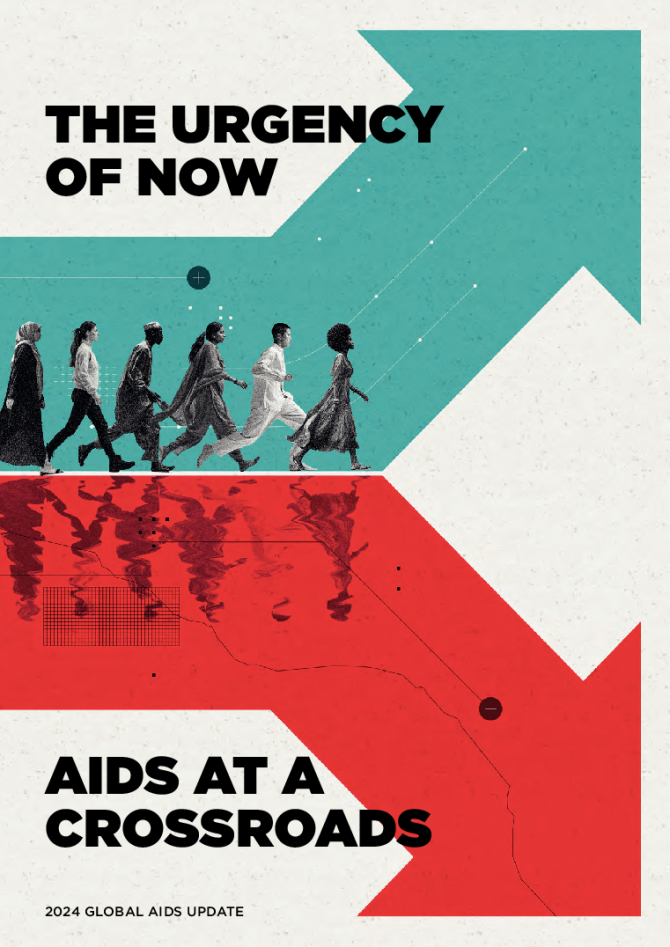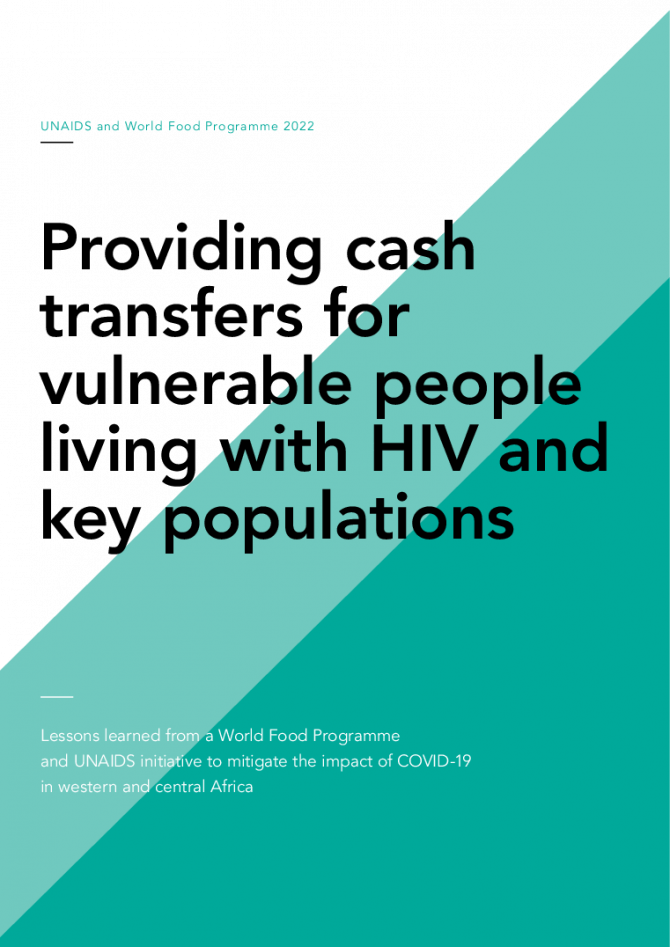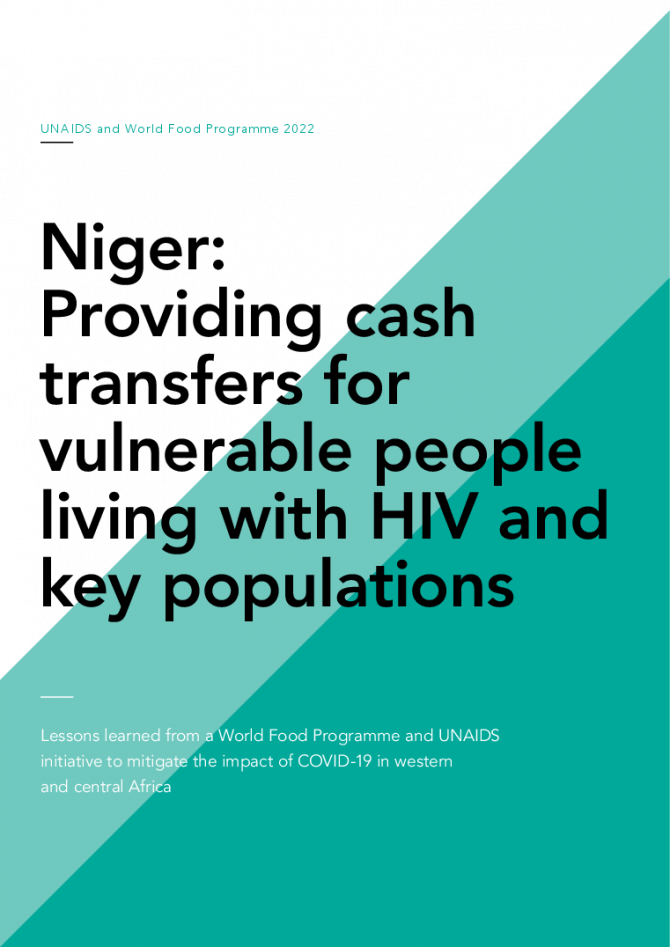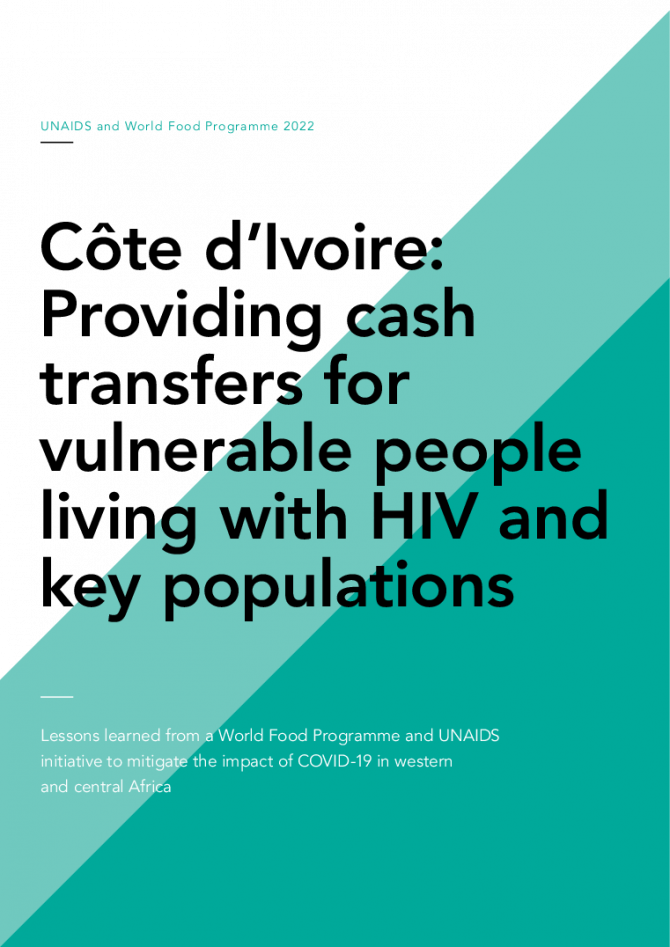
Social protection schemes reduce gender and income inequalities and social exclusion, all of which increase the risk of contracting HIV. They also make it easier for people to access HIV and other health services, and can cushion the social and economic impact of HIV on households and individuals. Social protection diminishes the risk of HIV infection, increases adherence to HIV and tuberculosis treatment and fosters resilience.
UNAIDS’ work on social protection focuses on:
- Advocating with governments and others on expanding and increasing the HIV sensitivity of social protection programmes.
- Supporting the generation and application of evidence and strategic information on HIV and social protection towards achieving the Fast-Track Targets.
- Tracking progress in attaining the Fast-Track commitments, particularly the commitment on social protection, which seeks to strengthen national social and child protection systems to ensure that, by 2020, 75% of people living with, at risk of and affected by HIV benefit from HIV-sensitive social protection.
- Coordinating and guiding partners working on social protection for a coherent engagement in the AIDS response.
Social protection is more than cash and social transfers such as food and vouchers. It encompasses economic support, social health insurance, employment assistance and social care to reduce poverty, inequality, exclusions and barriers to accessing social and medical services.



